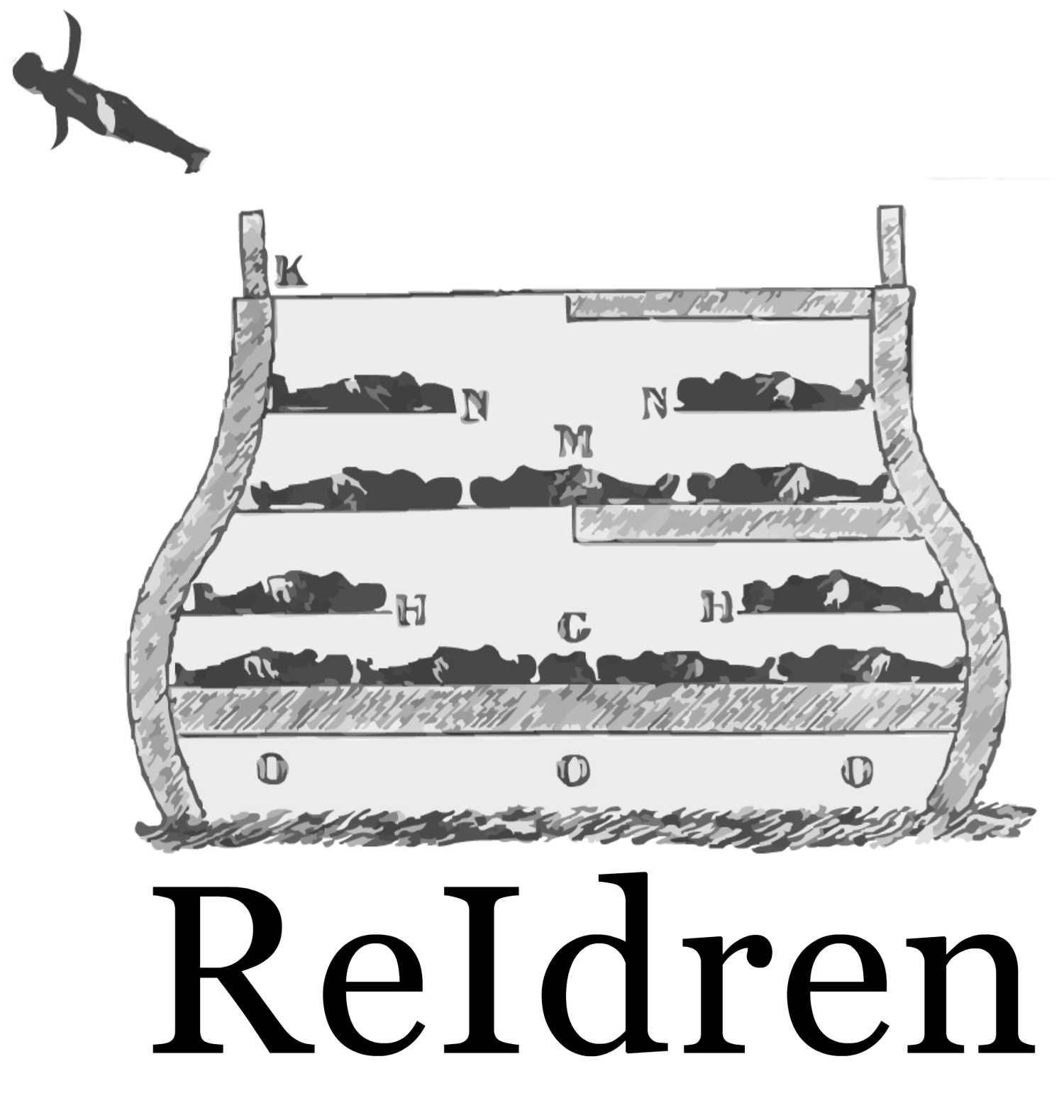The history of medicine is often told through a Greek and Roman lens—we hear about Hippocrates, Galen, and Latin words like medicina shaping the modern medical profession. But what if the real linguistic and conceptual root of medicine was African all along?
In Ancient Egypt (Kemet), doctors were called swnw (sunu)—a title that was more than just "physician." These healers were highly trained in both practical medicine and spiritual wisdom, often working out of temples dedicated to healing deities like Imhotep. Egyptian medicine wasn’t just about diagnosing and treating disease; it was about restoring balance—both in the body and the cosmic order.
Mdw Swnw: The “Divine Healer”
If the sacred words of Kemet, known as Mdw Ntr (Medu Neter, “Divine Speech”), were the script of the gods, what would Mdw Swnw mean? A "Divine Healer."
This phrase captures what Egyptian medicine truly was: a sacred science, a practice where spoken incantations, prayers, and measured interventions worked together as one. Healing was not separate from the spiritual world—it was a divinely guided art.
Yet, in Western etymology, we are taught that medicine comes from the **Latin medicina, rooted in the Proto-Indo-European (PIE) word med-, meaning “to measure” or “to advise.” But does that really capture what medicine was at its origins?
The connection between Ancient Egyptian swnw and the later Coptic saein suggests an unbroken linguistic thread—a tradition of healing that survived for millennia in Egypt, even as Greek and Latin medical terminologies took over. The Coptic form saein was still in use long after Kemet fell under foreign rule, indicating that Egyptian medical terms persisted even as the language evolved.
Why the Latin "Medicine" Doesn't Tell the Whole Story
The word medicine as we use it today reflects an administrative, structured view—one that aligns with Roman bureaucracy rather than the deep, holistic, sacred origins of healing.
Mdw Swnw ("Divine Healer") suggests medicine was rooted in divine order, not just physical remedies.
Latin medicina (from PIE med-) focuses on measurement and judgment, aligning with a bureaucratic system of healing.
Egyptian medicine blended science and spirituality—doctors were also priests, and temples were also healing centers.
Greek and Roman civilizations absorbed Egyptian medical knowledge, but they erased the original terminology. By the time Latin medicus and medicina took hold, the direct linguistic connection to Egypt had been lost. What remained were the practices, not the words.
Reclaiming the African Root of Medicine
If the origins of medicine lie in Africa, then perhaps we need to rethink which words truly hold the original meaning of healing. If medicine is about restoring balance, invoking sacred knowledge, and aligning with divine forces—doesn’t Mdw Swnw describe it better than medicina ever could?
Egyptian medicine was never just about fixing illness. It was about reestablishing order—both in the body and in the universe. And that is something deeper than measurement. That is something divine.

